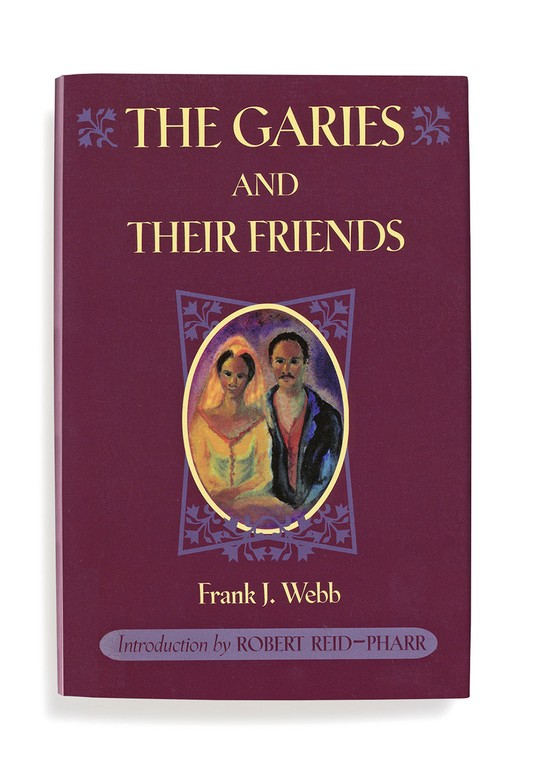15 Women Writers Discuss Their Favorite Overlooked Books
Two things that make any reader happy: an enticing recommendation from a fellow booklover and an underappreciated work that turns out to be a gem.
Jamaica Kincaid is an essayist and
novelist whose most recent work of fiction is See Now Then.
Apparently, under any circumstances, money cannot buy you love, but in antebellum Georgia it could buy the one you love, according to the extraordinary 1857 novel The Garies and Their Friends by the novelist, poet, and essayist Frank J. Webb. One of the first novels published by an African American, it debuted with a glowing endorsement from Harriet Beecher Stowe.
Mr. Garie, the master of a prosperous plantation, had seen the woman who would become his wife—a woman who was not entirely black, not entirely white—for sale in Savannah; he bought her, brought her home, and proceeded to treat her and their two children as any nice and decent man would treat his family. Mr. Garie is a very happy fellow when we first meet him: His wife is beautiful; his children look white; there is plenty of delicious food on his table. But Mrs. Garie worries, aware that if Mr. Garie should die, his survivors would be regarded as property, not heirs, and sold, most likely separately. To avoid such unbearable sorrow, Mrs. Garie persuades her husband to move them all away, to Philadelphia. There they are free from the horror of slavery, but not from everlasting prejudice.
In the South, Mr. Garie's privilege was enough to protect them as long as he lived; in the North, they all are in danger because Mrs. Garie is not white. Webb brilliantly shows how white society in the North had its own obsessions with the presence of black people, rarely leaving them alone to simply cope with the difficulties of ordinary human existence. That this American classic does not occupy a prominent place in the literary canon is not really a mystery, though it is a shame. Its subject is not the almost invisible flaw in a golden bowl carved from pristine crystal, but the visible fracture in our American ideal; its scarlet letter is the color of our skin.
From the May 2015 issue of O, The Oprah Magazine


